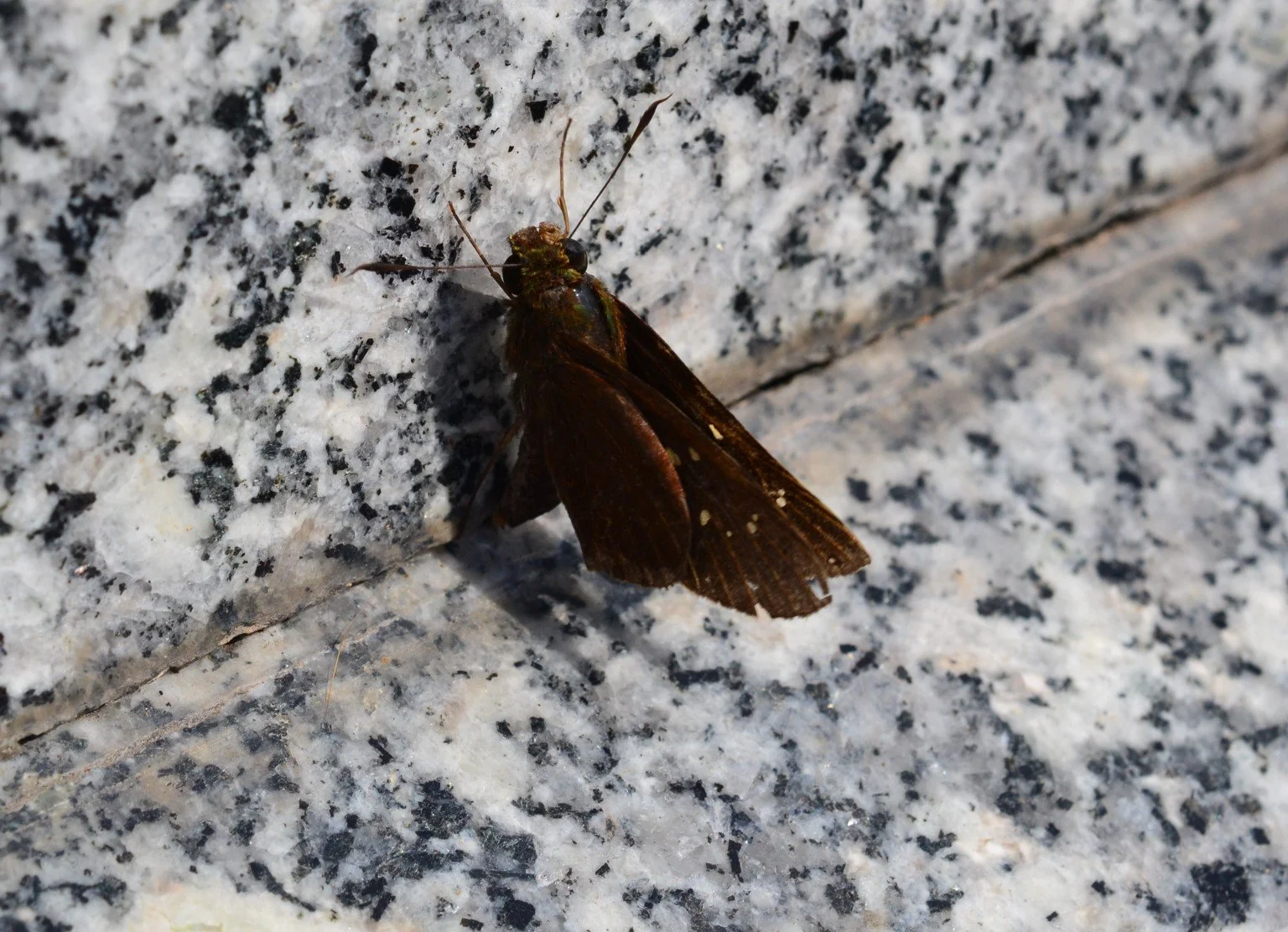Urban biodiversity
The majority of the world's human population now live in urban areas. Therefore, understanding the direct and indirect consequences of urban development has recently become a global research priority. This is especially true in Asia as urban development in China and India has exploded in recent decades. Hong Kong represents an excellent opportunity to study urban ecology with a diversity of habitats from forested country parks to high density urban areas. Using surveys, field work, ecological theory and interdisciplinary approaches (e.g. education) we are examining urban ecology as it pertains to environmental conservation and sustainability.
-
Lo FHY, Tsang TPN, Bonebrake TC (2021) Behavior-partitioned diversity reveals differential habitat values of gardens to butterfly communities. Ecological Applications, 31, e02331
McMillan SE, Wong TC, Hau BCH, Bonebrake TC (2019) Fish farmers highlight opportunities and warnings for urban carnivore conservation. Conservation Science and Practice, 1, e79
Tsang TPN, Dyer E, Bonebrake TC (2019) Alien species richness is currently unbounded in all but the most urbanized bird communities. Ecography, 42, 1426-1435




